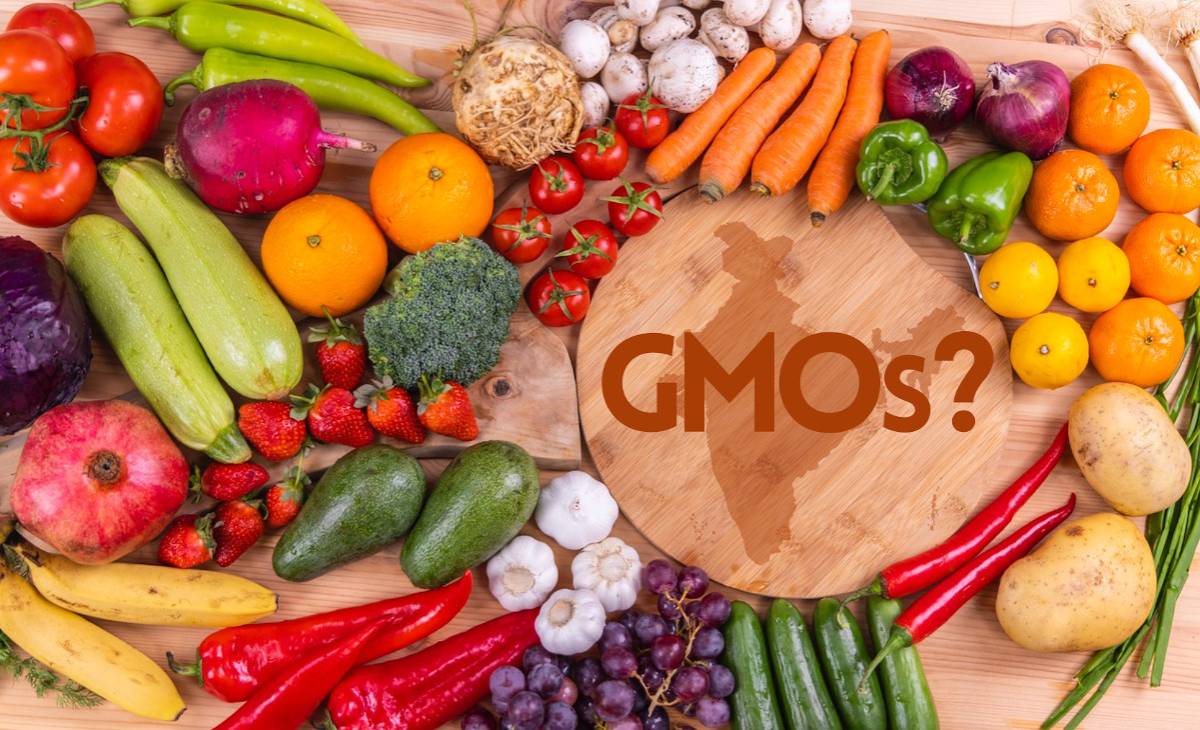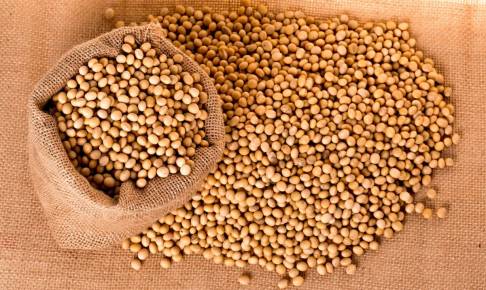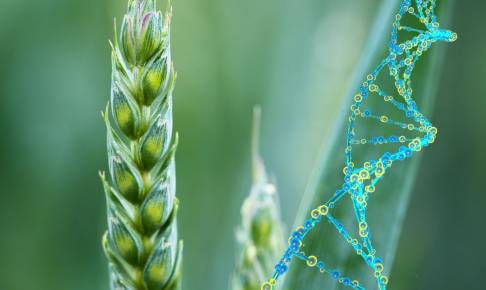India: FSSAI lacks data on GMOs in imported fresh produce
The Food Safety and Standards Authority of India (FSSAI) has no information on the presence of genetically modified organisms (GMOs) in fresh produce imported over the past five years. Moreover, the FSSAI is also devoid of any information regarding the testing conducted to ascertain the presence of such varieties. These are the findings of a Right to Information (RTI) investigation conducted by Down To Earth (DTE), a fortnightly magazine focusing on politics of environment and development.
GMOs are created by introducing genes from one organism into another, resulting in a modified variety of the former. Due to insufficient data and research on the long-term impacts of GMOs on human health, the scientific community remains divided on the safety of their regular consumption.
In India, the Food Safety and Standards Act of 2006 prohibits the import, manufacture, use, or sale of GM food without approval from the FSSAI. The commercial cultivation of GM mustard was approved in 2022 but is currently under review by the Supreme Court after facing legal challenges.
To assess the testing system for GMO varieties in imported produce, DTE filed several inquiries aimed at determining if fresh fruits and vegetables imported to India included GM varieties, if any tests had been conducted to confirm the presence of GMOs in imported produce over the last five years, and to obtain a summary report of the tests conducted. Additionally, DTE requested a list of exotic fruits and vegetables being imported into India along with the exporting countries' names.
In response to the queries, FSSAI stated that notification of regulations for GM foods was pending and highlighted the requirement of non-GM cum GM-free certificates accompanying imported food consignments. This refers to an order issued by FSSAI in 2020 to ensure that only non-GM food crops are imported into India.
However, there was a gradual weakening of FSSAI's stance on GM imports in the subsequent years, as explained by DTE. An order in February 2021 allowed a tolerance limit of 1% for the adventitious presence of GMOs in imported food crops, which experts defined as too high suggesting a limit of 0.01%. A following order reduced the requirement of non-GM cum GM-free certificates from competent national authorities to authorized regional government authorities.
FSSAI's responses to the other queries were either lacking the required information or stating that no such information was available. These responses have been deemed concerning by DTE, considering the significant increase in India's fruit and vegetable imports, especially from countries that cultivate GMO varieties, like the United States, Brazil, and Argentina.
The absence of monitoring, surveillance, and adequate infrastructure to test for GMOs at India's import entry points is a cause for alarm.
Experts highlight the need for trained personnel and improved testing facilities to ensure that genetically modified crops are not mistakenly imported into the country.
Suggestions have been made to give import preference to nations that do not cultivate GMO varieties and to conduct testing even on consignments with non-GMO certificates.
As countries continue to develop new GMOs, the issue of GMO presence in imported produce is likely to become more critical.
Source:






















